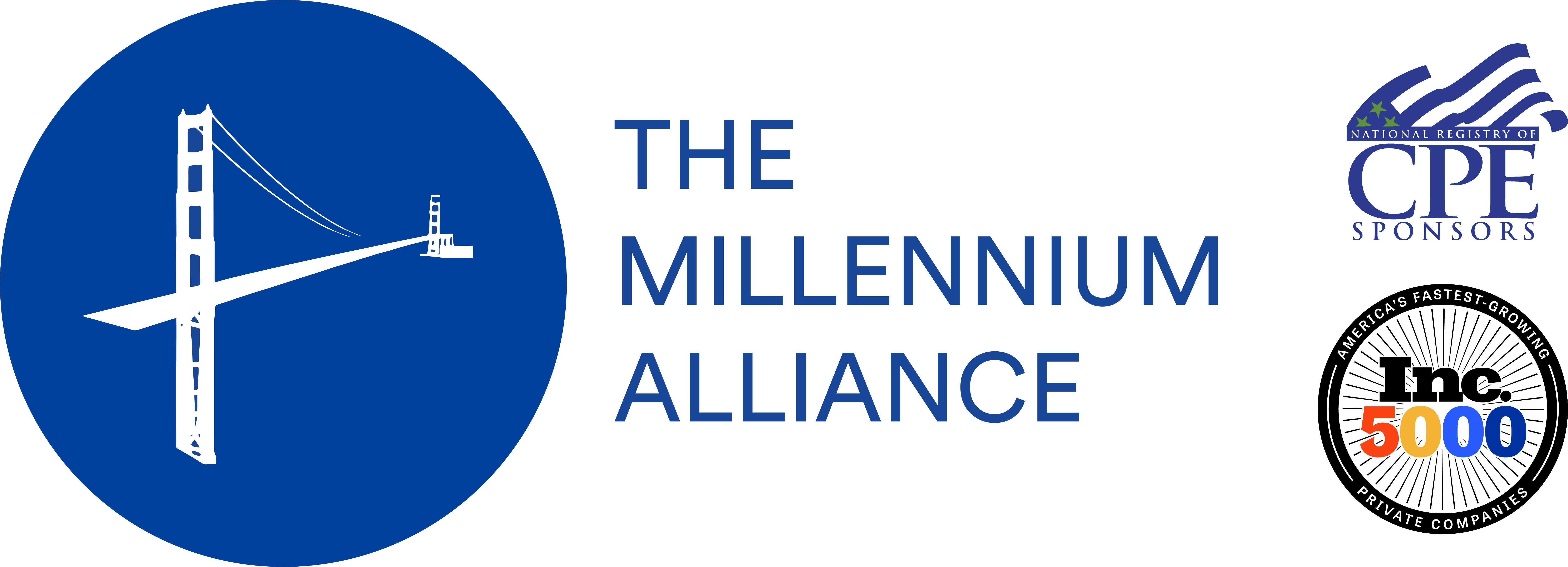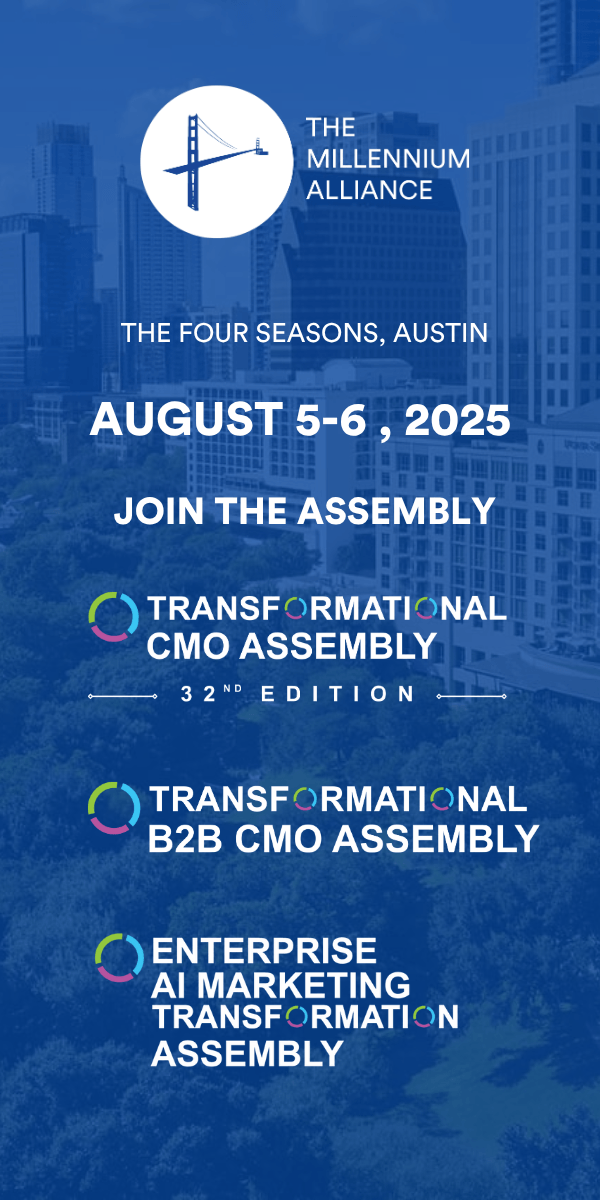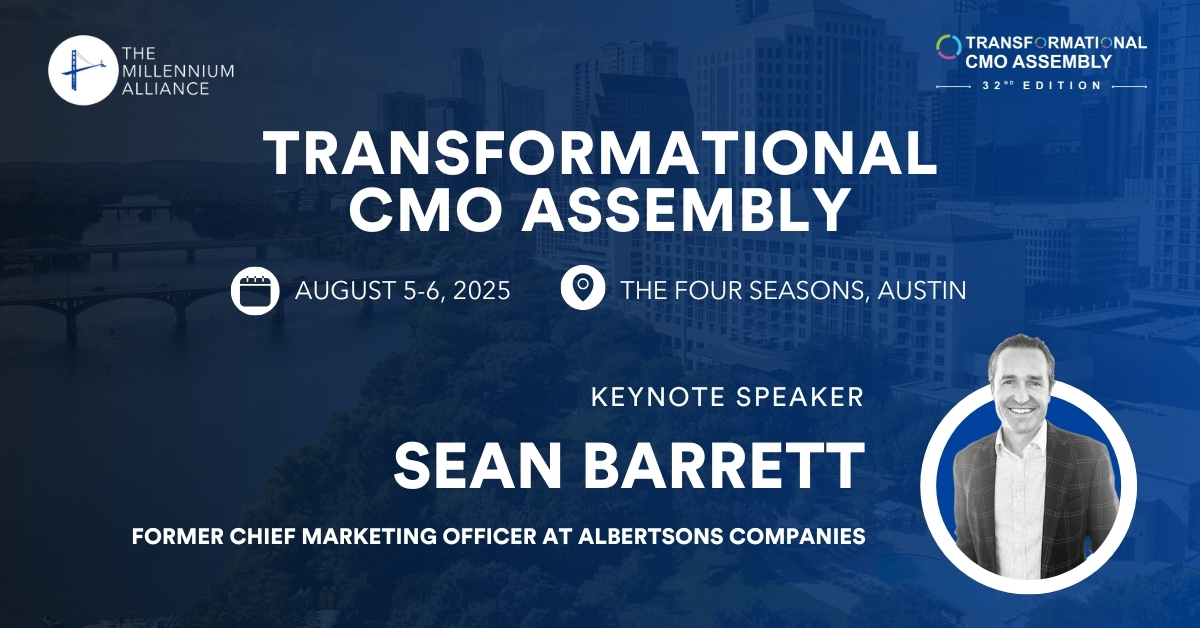The pandemic has exposed vulnerabilities across all industries and forced leaders to re-evaluate the systems they’ve long had in place. Some of the most pertinent issues that have been revealed are the inequities in our healthcare system, the problematic nature of the U.S.’s supply chain across all verticals, and the essential shift to an increasingly virtualized workforce and society. At the individual level, it’s shown an esoteric “bigger picture” and revealed to us what a global disaster looks like.
Back in February, COVID-19 felt like a very distant problem to the U.S. The “new normal” didn’t become a reality until it was too late – national lockdown measures were enforced in late March, but there were already over 189,000 COVID-19 cases in the U.S. as of March 31st. The destructive impact of our delayed response draws an eerie parallel to an issue that’s been left open-ended for decades: climate change.
Scientists have shown that the carbon emissions released today are programming a 2-5 metre sea level rise in 2300, and humanity will be forced to make an inland retreat for hundreds of years to come. We’re also pacing toward extreme heatwaves and droughts, stronger and more frequent hurricanes, declining water supplies and reduced agricultural yields. Yet despite knowing all this, society hasn’t made leaps and bounds to prepare humanity for this climate change crisis, and regrettably, we’re only accelerating down this path while imminently putting hundreds of millions of lives at risk. Unlike the virus, the climate change crisis is something that can’t be contained, and the onset effects could last hundreds, if not thousands of years. This all sounds so fatalist that it’s difficult to imagine that it could even be a reality.
Then COVID-19 happened, and we’re now grievously aware of what a global crisis looks like. Overnight, we were forced to substantially alter our lives for the public good. The government-imposed restrictions that we now refer to as the “new normal” mirrors how we may be forced to respond to a worsening climate change crisis in the coming years. Ironically, an inadvertent effect of these restrictions has led to an 8% drop of global greenhouse gas emissions for 2020, which is the largest drop ever recorded, and Los Angeles has seen its longest stretch of “good” air quality since 1995.
The silver lining we can glean from these times is that we have the unique opportunity to replan and structure for a better future. In a post-COVID world, consumers are going to pay closer attention to what companies are doing for the public good.
Julia Wilson, VP of Global Responsibility & Sustainability at Neilsen tells MarketingDive, “Rarely is there one cause that resonates so deeply with so many people at once […] Brands do have an opportunity here to pivot with purpose and to show how they’re showing up … in their communities and for their consumers.”
This coincides with Accenture’s study showing that consumers are planning to change their purchase behavior for the long term – their survey found that 45% of consumers said they’re making more sustainable choices when shopping and will likely continue to do so.
Accenture’s Managing Director and Head of Global Consumer Goods adds to this, “While we have been seeing these trends for some time, what’s surprising is the scale and pace — compressing into a matter of weeks changes that would likely have taken years. The new consumer behavior and consumption is expected to outlast the pandemic, stretching far beyond 18 months and possibly for much of the current decade. […] The pandemic is likely to produce a more sustainable, healthier era of consumption over the next 10 years, making consumers think more about balancing what they buy and how they spend their time with global issues of sustainability — suggesting a healthier human habitation of the planet.”
You can’t remove COVID-19’s context from our lives, and for that reason, “going back to normal” isn’t a reality. During this crisis, we’ve been a witness to businesses changing their model overnight for the public good. Consumers have seen how vulnerable the world is, and this will dramatically shift their values and behaviors post-pandemic. A value proposition for what a company is doing for this greater good will become a necessity for survival, and many are already taking this in stride.
Unilever’s CEO Alan Jope recently spoke about their Sustainability Living Plan, which is the company’s strategy for minimizing their eco-footprint and reducing their use of virgin plastics by half in 2025. Jope claims, “The pressures on the planet are getting worse, and social inequality has reached a critical point, being made even more severe by the devastating pandemic we’re living through. […] These issues are just as urgent as they were before Covid-19 struck, and—like Covid-19—they will disproportionately affect the most vulnerable. The climate crisis risks adding hundreds of millions more.”
The fashion industry has long been set in their ways, but they’re now forced to restructure their processes. BCG’s research finds that 86% of more than 500 manufacturers surveyed have been severely impacted by canceled or suspended orders and 40% are struggling to pay employees and their suppliers. Now that the fashion industry’s supply chain is brought to a standstill, it’s allowed for industry leaders to re-evaluate their sourcing strategies. Dr. Hakan Karaosman, fashion supply chain and sustainability expert at the United Nations Economic Commission for Europe claims that lean, simple, and transparent supply chains are proving the most resilient during this crisis, and brands are likely to favor this strategy as they emerge from this crisis.
Even as CPG companies are fighting for survival, sustainability is proving to be all the more relevant today. Just a matter of weeks ago, H&M Group, Microsoft, Lego, Neste, Ikea & Unilever signed the European alliance for a Green Recovery. The appeal is set to “fight against climate change at the heart of the economic strategy to contribute to the rapid recovery of European economies and societies.”
Peter Vanacker, President and CEO of Neste speaks to this, “The coronavirus pandemic is causing unforeseen consequences to people’s health and the economy. While it is important to tackle the coronavirus, we also need to look for ways to help rebuild the world after the crisis. When we plan our path to that world, we have an opportunity to build a sustainable and resilient economy and society. Now is the time to design that vision,”
For good and bad, COVID-19 has shown us what’s possible in times of tragedy. Psychology Today brought to light Paul Romer’s points on what happens in a crisis, and it hits the nail on the head during these times:
- Resources become available
- Priorities are clear
- Rigid rules and regulations suddenly become pliable
- Leaders pay attention and are pliable
- Change, even far-reaching change, is possible
“A crisis is a terrible thing to waste. ”
Over the last decade, sustainability has become a high-growth sector, but it will ultimately become a necessity for survival in the economic and environmental climate we’ll find ourselves in over the coming years. As COVID-19 has brought a life-altering global crisis into reality, consumers will start to value public good, preparedness, and sustainability in a more meaningful way. In light of this, we can expect to see efforts for sustainability expedited in the near future. It’s the companies that understand and invest in this shift early-on that will be the ones that thrive not only in the short-term post-COVID world, but in the long-term direction our society is moving towards.














